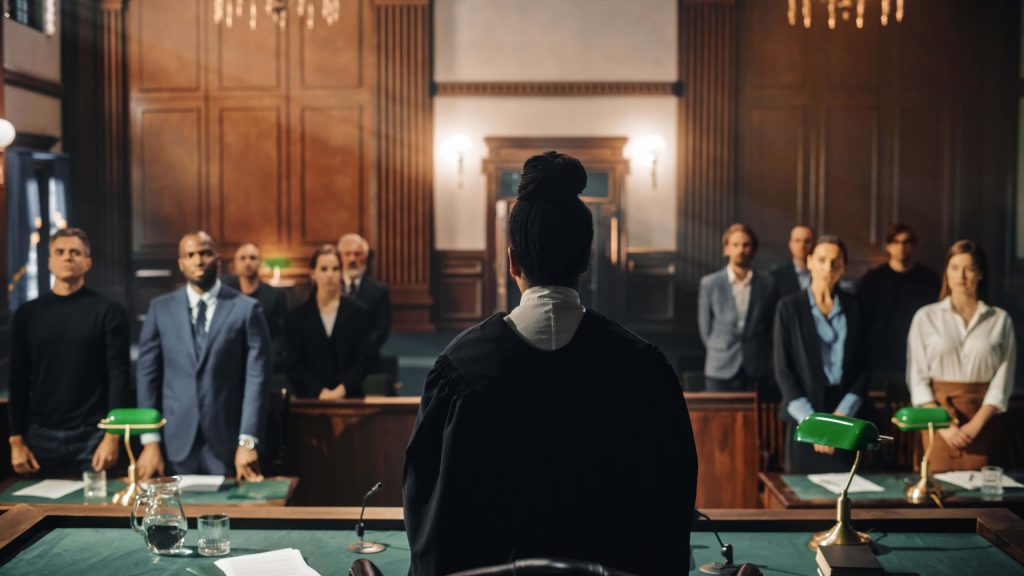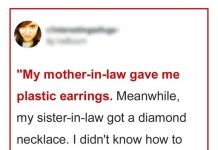When I was ten, my world turned upside down. A hit-and-run accident took both my parents away from me in an instant. With no other family to care for me, I was staring down the dark, cold tunnel of the foster system. That’s when David and Margaret Taylor, a couple from our church, stepped forward. They stood before the congregation, holding hands and announcing they felt “called by God” to take me in. At the time, I thought I was being saved.
A New Home, a New Reality
Their house was picture-perfect: a two-story colonial with green shutters and a wreath on the door no matter the season. I moved in, feeling a strange mix of hope and fear. Their daughter, Elise, was a year older than me, and at first, I thought we might become close. However, the warmth I saw in public quickly vanished behind closed doors. That first night, after the casseroles from the church ladies stopped arriving, Margaret laid down a long list of rules. I was given Elise’s old clothes, expected to clean up after myself and her, and made to feel like I was an unwanted burden.

Living Two Lives
To the outside world, David and Margaret portrayed themselves as saints. They would beam proudly when people praised them for taking me in. In private, I was invisible—unless they needed someone to criticize. I learned fast that keeping my head down and following their rules was the safest route.
One night, not long after I moved in, I overheard a conversation that changed everything. Margaret was whispering excitedly to David about a “state check” and the first payment from my father’s estate. It was far more money than they had expected. Instead of setting it aside for my future, they were already planning how to spend it—on Elise’s college fund, a new car, and luxuries for themselves.
Watching and Waiting
Hearing them speak so casually about my inheritance—the money my parents had left for me—was a blow I’ll never forget. To them, I wasn’t a child in need; I was a financial blessing. Margaret even said, “We’re providing everything she needs—food, shelter, guidance. That’s more than most orphans get.” That word—orphan—cut me deeper than anything. They didn’t stop at the checks. Six months later, Margaret decided to “sort through” my mother’s antique shop inventory, items that had been put into storage for me. She sold many pieces and kept others for herself, calling it “compensation” for the “burden” of raising me. My mother’s prized Baroque china set, meant to be my inheritance, was earmarked as a future wedding gift for Elise.
Fighting Back
I spent many nights crying silently into my pillow. But somewhere in that pain, I found resolve. I started collecting evidence. I fished documents out of the trash, took photos of bank statements, and kept a detailed record of every trust payment and how it was spent. By my eighteenth birthday, I had compiled a thick binder of proof showing how David and Margaret had misused over $200,000 of my money while neglecting my basic needs.
Getting Justice
When I turned eighteen, I confronted them. With my evidence in hand, I filed a lawsuit against them for breach of fiduciary duty and embezzlement. It wasn’t easy. Facing them in court made my stomach churn, but it was worth it. In the end, the judge ruled in my favor. They were ordered to pay back a substantial portion of what they had stolen. It wasn’t just about the money—it was about taking back my voice, my power, and my future.

Moving Forward
Today, I live independently and am working toward a career helping kids like me—kids who lose their parents and fall prey to people who see them as opportunities rather than children in need of love. What David and Margaret did was cruel, but they didn’t break me. If anything, they made me stronger.

















